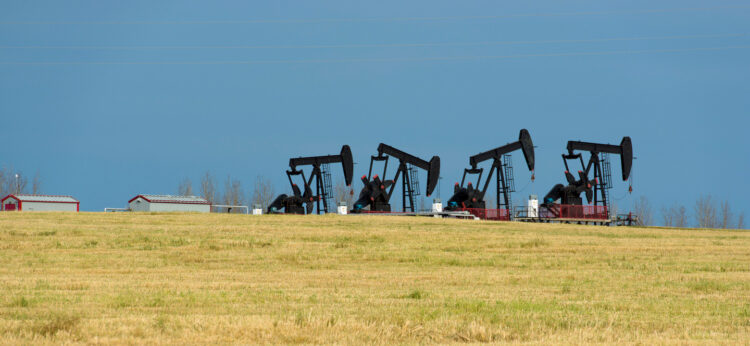
Key recommendations to the BC oil and gas royalty review
by Marc Lee and Ben Parfitt | December 3, 2021
The oil and gas industry is a marginal player in BC’s overall economy, yet has far-reaching environmental impacts, is inconsistent with global climate action and undermines First Nations’ rights and title. And yet, since BC started to implement climate action targets and policies in 2007, gas production has doubled. In our submission to BC’s oil …
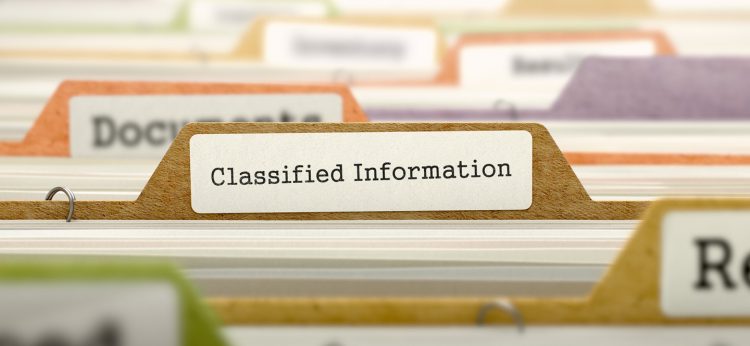
How much is BC giving to natural gas companies?
by Ben Parfitt | June 24, 2019
All British Columbians have a stake in the pricing of natural resources. When trees are logged, when minerals are mined, when fossil fuels are drilled, the companies doing the extracting pay fees to the Province in recognition that the resources are publicly owned. It is therefore in everybody’s interest to know how the government prices …
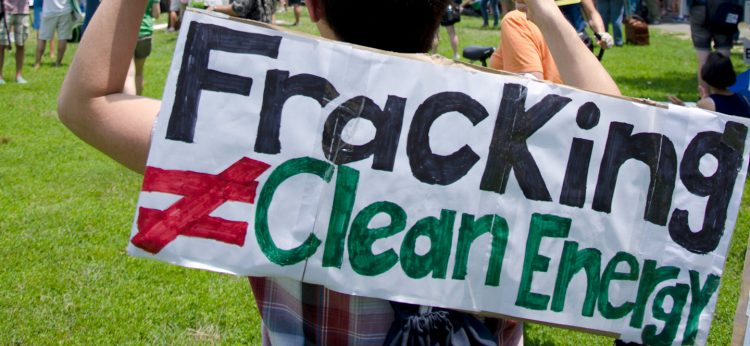
LNG’s big lie
by Marc Lee | June 17, 2019
The federal government is seeking to use a clause in the Paris Agreement on climate change to get emissions credits for exports of liquefied natural gas (LNG) to Asian countries. This plan is nonsensical for a number of reasons, but at its heart is the “big lie” that LNG will help to reduce global emissions. …
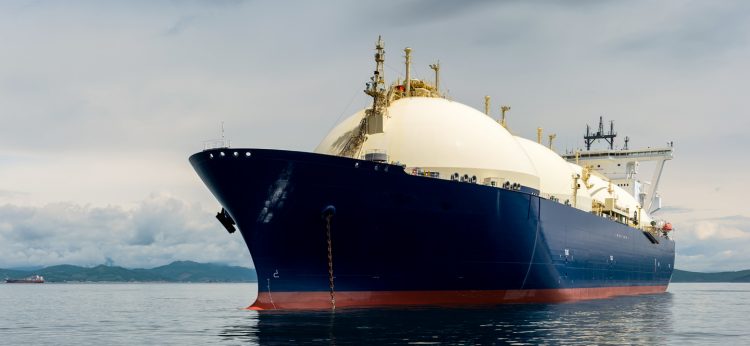
BC’s LNG tax breaks and subsidies offside with the need for climate action
by Marc Lee | May 6, 2019
The BC government’s new fiscal framework for LNG is fundamentally at odds with the province’s CleanBC climate plan. Details in the government agreement with LNG Canada show that BC is subsidizing fossil fuel production at a time when we need to keep it in the ground. The BC government made four major concessions in the …
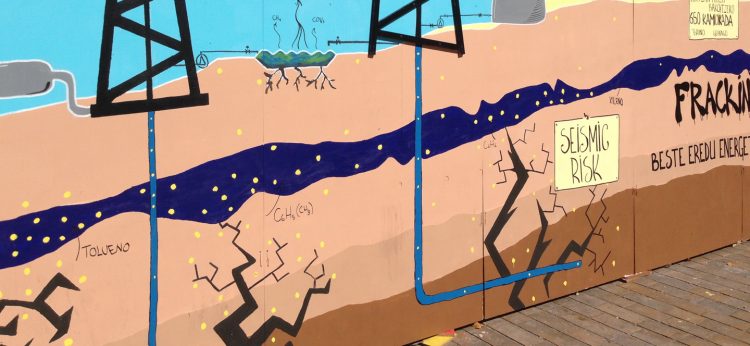
Memo to northeast BC: More fracking earthquakes ahead
by Ben Parfitt | April 30, 2019
Of the many “unknowns” flagged in a recent science panel report, few are as disturbing as the finding that no one can say how destructive an earthquake may one day be triggered during brute-force oil and gas industry fracking operations. The panel’s report—commissioned by Michelle Mungall, BC’s Minister of Energy, Mines and Petroleum Resources—has landed …










